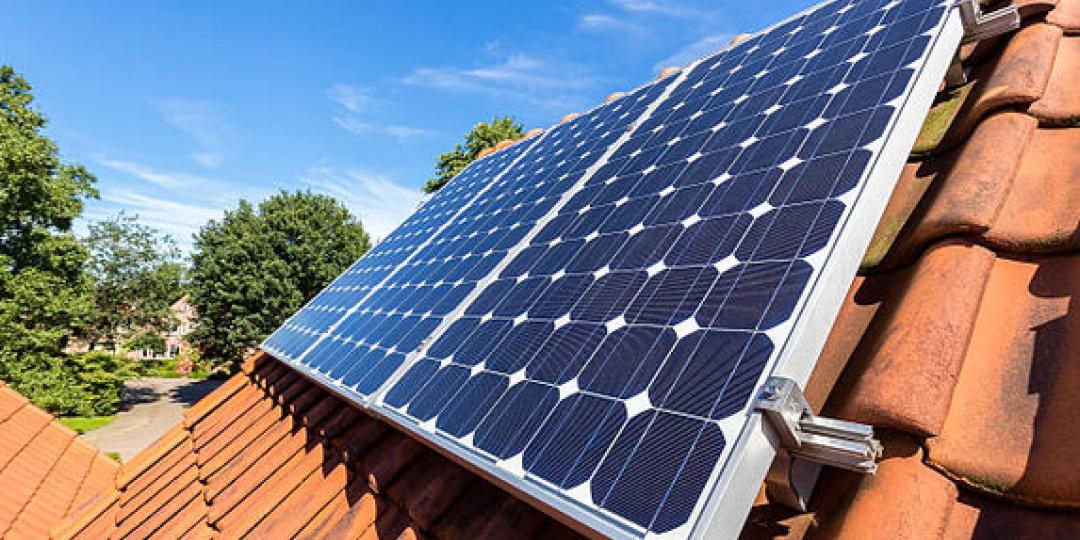by Rein Snoeck Henkemans, Alumo Energy
Skyrocketing fuel prices coupled with a growing number of power disruptions are causing more people to weigh up whether or not to take the plunge and invest in an alternative solution such as solar power. But while many believe that solar systems are prohibitively expensive, these systems offer potentially significant long-term cost savings with increasingly innovative financing options, says Rein Snoeck Henkemans, Managing Director at Alumo Energy.

In its latest Medium-Term System Adequacy Outlook, Eskom revised its energy availability factor (EAF) downwards from 72% to 63%, signalling the high likelihood of more frequent load shedding for the foreseeable future. Meanwhile, the National Energy Regulator of South Africa has recently approved a 9,61% electricity tariff hike which will take effect from the beginning of April this year.
“Rising tariffs and the decreasing reliability of supply has left many consumers with little choice but to consider other energy solutions, especially with many households still working from home, which is where solar systems can play a significant role. Rapidly escalating oil prices have also limited the cost benefits of other alternatives such as generators, which may seem cheaper in the short-term but carry expenses that quickly add up over time,” he explains.
“By contrast, solar systems are able to deliver steady and reliable power for the lifetime of the system after the once-off upfront costs have been paid, or at a fair monthly fee when renting. In the long-term, this offers a far more cost-effective option for keeping the lights on, and works to enhance the overall value of your property. Additionally, the system components have generally become more affordable as the technology has evolved and become more commonplace.
“Finally, the other benefit for households is that as solar technology has evolved, the solar panels and components have also become increasingly more effective in delivering power, and more resilient or longer-lasting, enhancing their overall efficiency.”
He notes that demand for solar is continuing to soar in South Africa, reporting that Alumo saw a 259% spike in queries in 2021 from 2020 amidst record-high load shedding. To make its solar systems more widely accessible, the company has therefore recently expanded its footprint outside Johannesburg and Pretoria to Secunda, Middelburg, Emalahleni, Vanderbijlpark, Vereeniging, Sasolburg, and Rustenburg.
While many homeowners are concerned about the upfront investment costs involved in installing solar systems, Alumo Energy offers innovative financing options such as a rent-to-own system. The company is also an established solar provider accredited by First National Bank, enabling FNB clients to finance the cost of its solar installations through their mortgage.
Snoeck Henkemans warns, however, that homeowners seeking solar solutions should avoid “fly-by-night” solar installers with seemingly cheap systems.
“We’ve encountered numerous instances where clients who have fallen victim to unprofessional service providers who have incorrectly installed systems, installed systems with poor quality components prone to breakdowns and failures, or even installed systems which are not compliant with national regulations. In many cases, the client is then unable to claim their money back or receive any post-installation customer service, as the provider has disappeared or gone broke, making it a case of penny wise but pound foolish,” he says.
“Rather choose established, professional providers offering quality components that offer significantly longer lifespans and proper after-sales service. A good quality, properly installed, robust solar power system should be seen as a long-term investment, and should last at least seven years without significant maintenance.”
Contact Alumo Energy, Phone 012 480-7100, sales@alumo.co.za , https://alumo.co.za/















